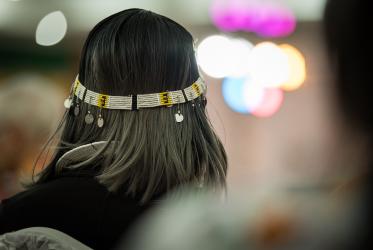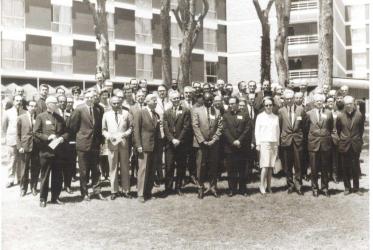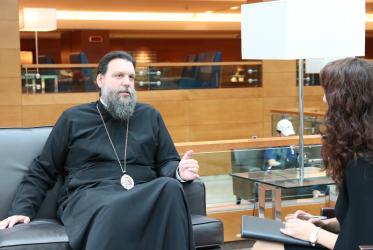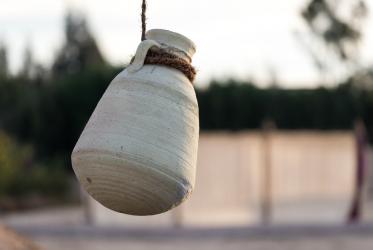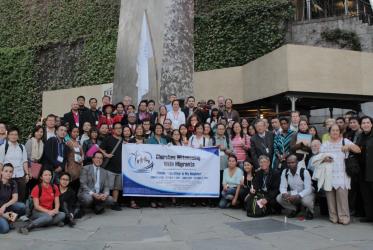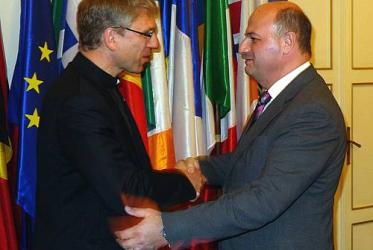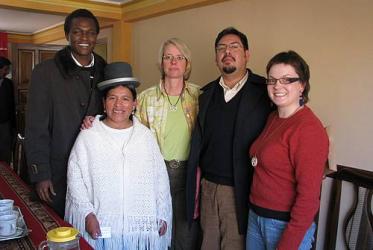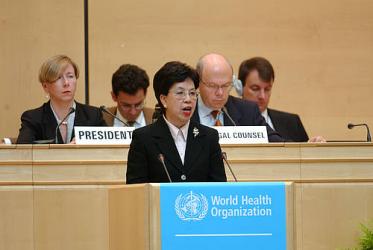Displaying 1 - 20 of 22
WCC honors world’s indigenous communities
07 August 2020
Thomas de Maizière: On the frontlines of refugee integration
20 January 2016
Theologian explores emerging model of empowerment and diakonia
17 December 2015
Churches advocate upholding human dignity of migrants
14 October 2013
Migrant communities learn about upcoming WCC assembly
17 September 2013
Situation in Greece more than an economic crisis
20 November 2012
WCC supports Ecuador’s Yasuni project
13 October 2011
Indigenous voices speak to the churches
13 February 2006
A country of striking contrasts to host the 9th WCC Assembly
29 September 2005
